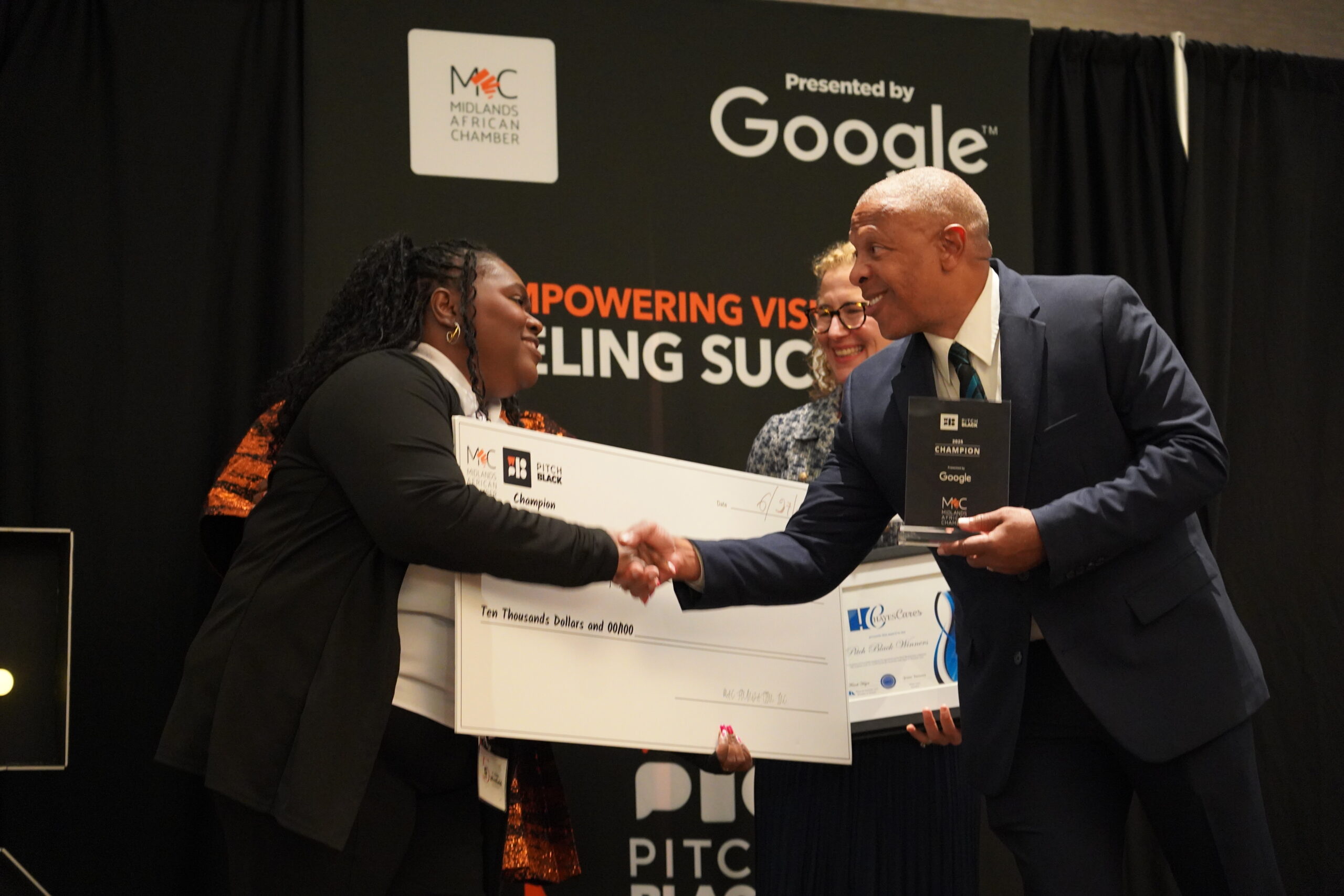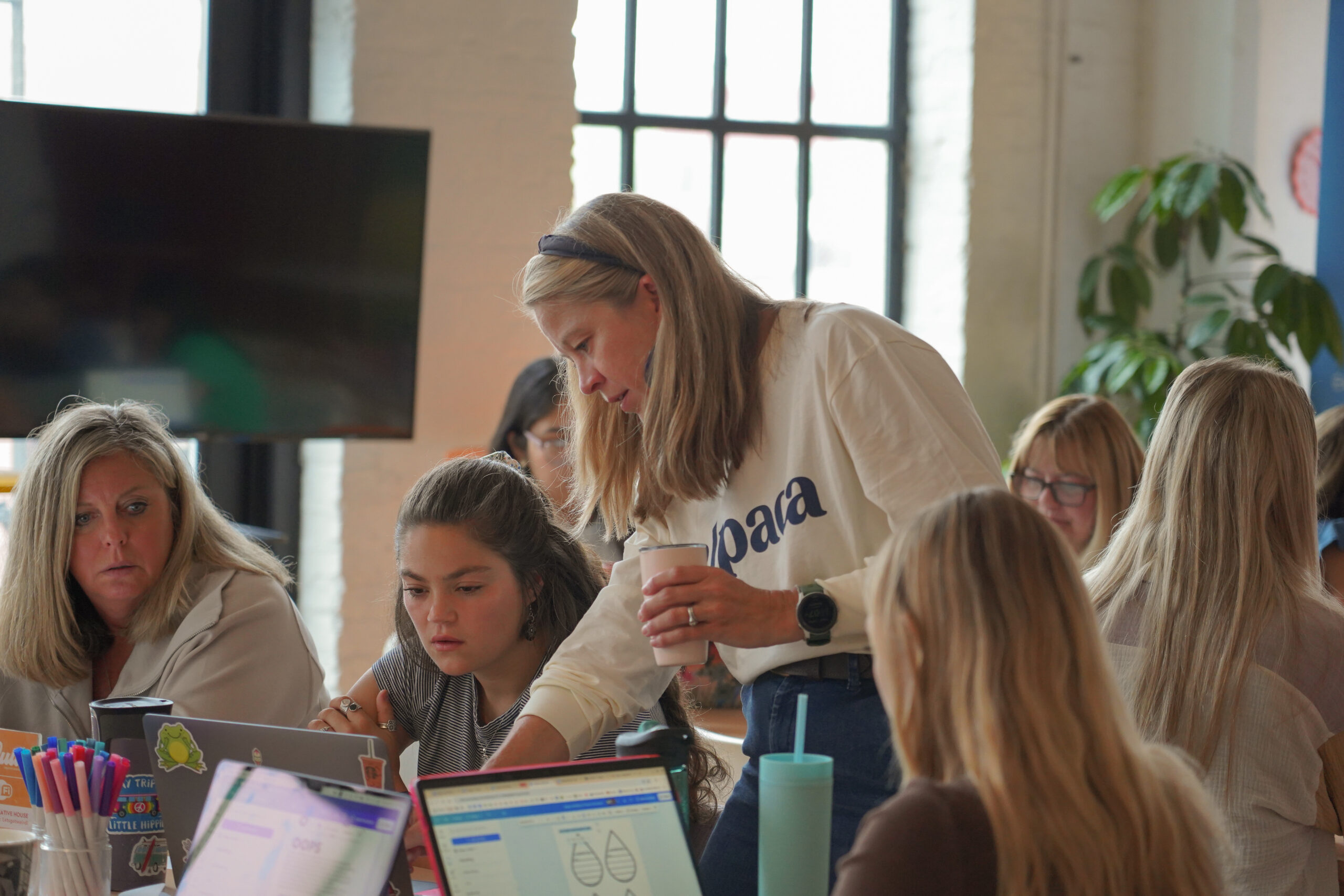This is a sponsored post from Mutual of Omaha and does not necessarily reflect the views of Silicon Prairie News.
Remember what it’s like to start a new job with a new company? It can be overwhelming at first. You have to set up your computer, get to know your boss and your teammates, learn your job duties, etc.
And if you’re an IT engineer, you have a lot to learn about the domains or systems you’ll be supporting and the coding and design standards you’ll be expected to follow. You need to know where to find documentation, learn new software tools and processes, and figure out who to go to for answers to your questions (you’ll be asking a lot of those).
Now, imagine what it’s like to be a remote worker and do all this from a thousand miles away.
Tyler Sherknus, who started at Mutual of Omaha in February as a software engineer, has a handle on things already, thanks to carefully designed Information Services (I/S) onboarding programs. Sherknus works remotely from Florida where he was born and raised. With a degree in computer science from the University of South Florida, Sherknus has a passion for fintech and insurance software development. Mutual of Omaha is the second insurance company he has worked for.
“Onboarding at Mutual of Omaha was a nurturing process compared to other places I’ve worked,” said Sherknus. “I can tell Mutual spent time refining their program.”
The main driver for developing the new I/S onboarding program was a spike in hiring. “We brought on 75 engineers between November 2021 and May 2022, and we wanted to get them up to speed as quickly as possible,” said Jen Bartels, a business program analyst on the I/S Talent Experience team.
“The focus of the onboarding program was to assemble resources and information that new hires need to get up to speed quickly so they can be productive,” said Bartels. “We created a new hire development plan that includes really practical things like how to request software and hardware, how to use communication and collaboration tools, how to submit a timesheet and request time off.”
Each new hire is paired with an advocate from the Talent Experience team who meets with them virtually starting on Day 2 of their employment. “It was a learning experience for our team too,” Bartels said. “At first we thought we needed to meet daily. We discovered that weekly meetings work better so we made that adjustment. And as they asked us questions, we learned about more topics that are important to new hires and added them to the program.”
Another important feature of the program is a software engineering foundations course that newly hired engineers complete to familiarize themselves with Mutual of Omaha’s coding and design principles and standards. “They also complete an engineering skillset assessment that becomes the baseline for the skill development planning they will do with their manager,” said Bartels.
As a newly hired engineer, Sherknus appreciated the foundations course. “The course was good to refresh my memory on software engineering practices and helped me integrate Mutual’s standards with the overarching IT standards I learned in college.”
In addition to their advocate, each new hire is assigned a mentor from their team. Chris Poore, Information Services manager for Sherknus’ team, explained the role that mentors play in getting new hires up to speed.
“We ask mentors to schedule 30-minute meetings with their mentees two to three times a week. It’s an opportunity for new hires to ask questions and for mentors to direct the new person to subject matter experts on the team,” said Poore. “In addition to regular sessions with their mentor, new hires attend 30 one-hour sessions with multiple subject matter experts who walk them through aspects of the code base for the system our team supports. They break the system down into bite-size chunks so a new person can make sense of it all. Plus, the sessions give them a chance to get to know their teammates and start building relationships.”
For Sherknus, the combination of the Talent Experience team’s onboarding program and sessions with subject matter experts directly addressed a concern he had when he started with the company. “I was nervous about ramp-up time and anticipated that it would be a while before I could contribute,” said Sherknus. “But during my first three weeks I had intense, interactive training sessions where I could ask questions and probe the system I would be helping to support.”
“Our team onboarding program was developed over the years for new associates. It’s easy to recognize the value,” said Poore. “I’ve recently hired three new people and having enterprise and team onboarding programs for them was invaluable in getting them up to speed quickly. Tyler submitted his first code change for peer review within his first 30 days. In a short period of time, he was making a positive contribution to the team’s work.”
Now that the spike in hiring is over, there is lots of interest in expanding the program. Linda Rohr, Information Services manager, is a big fan. “It’s great having an organized way to get new people up to speed on Information Services processes. That frees up team mentors to focus on team and business support processes,” said Rohr. “The software engineering foundations training gives engineers the opportunity to hit the ground running and be able to do their job right away.”
Because of its initial success, the onboarding program is expanding to include all roles in Information Services. “There’s value in our family culture and making sure we’re there for others. I’m glad to see we are going to make it part of every hire – for everyone on the team and not just developers,” said Rohr.
The Talent Experience team is bubbling over with ideas for other ways to enhance the onboarding program. “We want to form small groups of new hires, people who start the same week, and get them together for virtual coffee breaks, after-work happy hours and lunch and learns,” said Bartels. “Every couple of months we’d like to get all the recent hires together for conversations with our Chief Information Officer, Mike Lechtenberger, and other senior management. These personal interactions are even more important in a remote work environment. When people build relationships with others outside their team, they’ll share information and ideas. They’ll be more engaged, succeed more quickly and, best of all, they’re more likely to stick around!”
Sherknus is definitely “on board” with Mutual of Omaha’s onboarding process.
“The program played a big part in helping me understand how the work I do fits into Mutual’s big picture, and the new product my team and I are working on has potential to be a big profit driver for group insurance, which is exciting,” he said. “The onboarding process prepared me to do that work and it made me feel welcome, too, and really well-accommodated. Even a thousand miles away, I feel like part of the family.”




